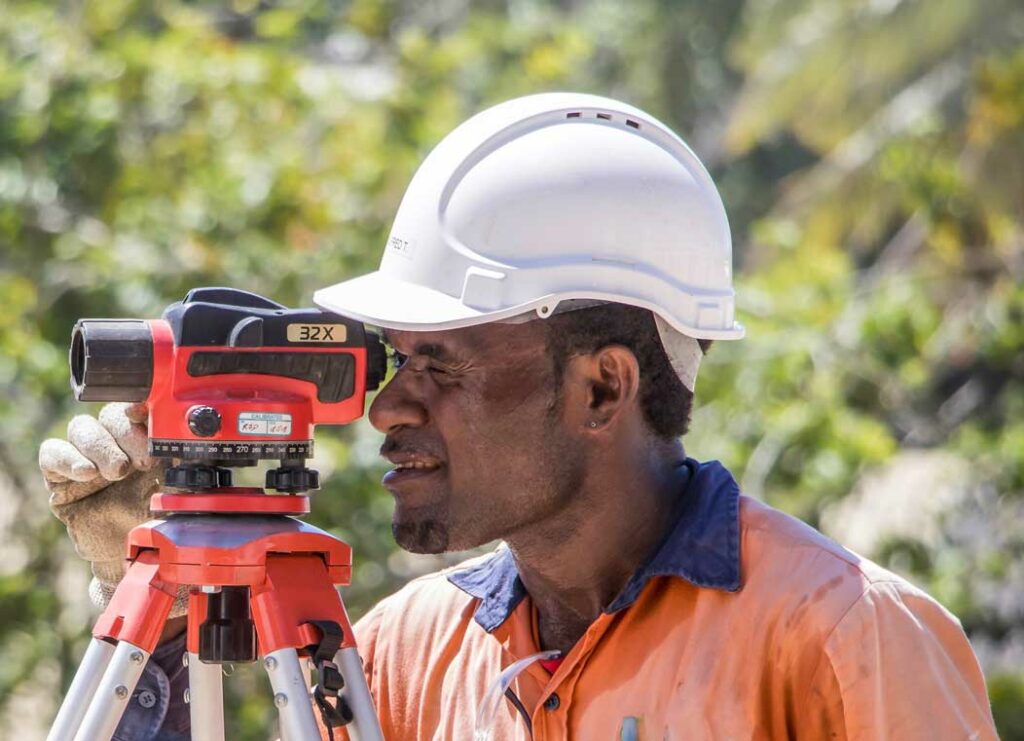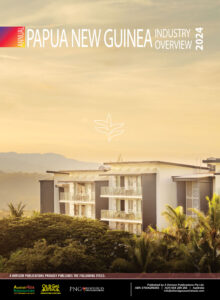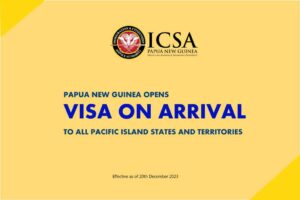Local Workers Delivering Modular Sustainable Buildings

Ark’s modular buildings are designed and engineered for ease of assembly by footprint community workforces.
Hundreds of Ark Pacific modular buildings have been assembled for PNG’s resource sector by footprint community workforces. Since 2010, unskilled local workers in the Southern Highlands, Morobe, and New Ireland have benefited from employment and training opportunities afforded by Ark’s modular building systems. Likewise, developers have benefited from the rapid and cost-effective delivery of fit for purpose, sustainable buildings.
Ark’s modular building systems were first introduced to PNG during the PNG LNG construction phase. A 1,000-person, multi-storey accommodation complex and support buildings for the construction of Komo Airfield were delivered by a 99 percent local workforce in less than one year.
Local workers, typically employed through footprint landowner companies, only require introductory level construction industry training to assemble Ark buildings. This means that Ark buildings – irrespective of their type and configuration (e.g., camp complex, office block, laboratory) can be assembled quickly – even in the most remote location.
In New Ireland, a local landowner construction company has been assembling a range of Ark buildings for a major developer since 2017. Half of the original local workforce who worked on the initial 800 room camp is still employed. Significantly, these workers have enjoyed additional training, and many have been promoted (e.g., leading hand, project supervisor). Just as significantly, the landco has been able to reduce its expatriate workforce.
Resource companies that choose Ark buildings not only benefit from the improved community relations associated with local workforce training and employment, but a reduced freight footprint and building repurposeability.
Ark’s freight footprint is up to 70 percent less than its competitors. Six of its flat pack units are equivalent to a single standard 20 foot shipping container when stacked together ready for transport. This means less ships, trucks, barges, etcetera when building with Ark, which in turn equates to (1) lower carbon emissions, (2) lower costs, (3) reduced degradation of local road networks, and (4) in the case of river transport systems, less water traffic and hence vessel wake erosion.
The ‘Lego-like’ ease with which Ark buildings can be both assembled and unassembled, means that they are also repurposeable. This is a distinct advantage for short term pioneer camps in particular, as they can literally be ‘unbolted’ and transported elsewhere to be reused, often for the benefit of footprint communities (e.g., schools, libraries, and health clinics).
To learn more about Ark Pacific and the advantages of its unique building systems: www.arkpacific.net
Image caption: Ark’s modular buildings are designed and engineered for ease of assembly by footprint community workforces.





